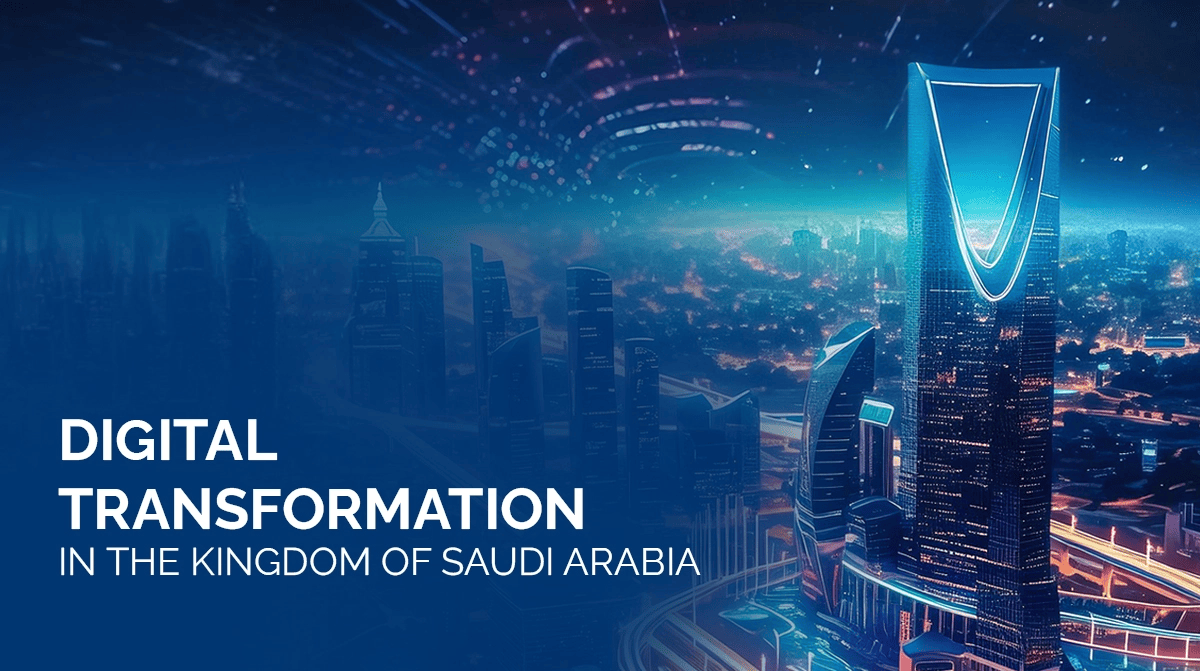What if you could foresee a future where entire industries are transformed by cutting-edge technology, creating a more efficient and innovative economy? This is exactly what Saudi Arabia is experiencing with its digital transformation in 2025. The rapid pace of technological advancement is pushing the Kingdom into a new era of economic growth. But amidst these advancements, many sectors are facing challenges. How can companies, workers, and policymakers keep up with this change, and what does it mean for the future of Saudi Arabia’s economy? In this detailed article, we will explore the key areas of Saudi digital transformation 2025 and how they are reshaping the nation’s future.
The Vision Behind Saudi Arabia’s Digital Transformation
At the core of Saudi digital transformation in 2025 is the ambitious Vision 2030 initiative. This government-led plan focuses on reducing the Kingdom’s dependency on oil while fostering a knowledge-based economy. Digital transformation is a key pillar of this vision, enabling Saudi Arabia to modernize its infrastructure, enhance public services, and cultivate a tech-savvy workforce.
The Saudi digital transformation 2025 is more than just technological upgrades; it’s about revolutionizing the way businesses operate, the way people live, and how public services are delivered. The focus is on adopting technologies like artificial intelligence (AI), blockchain, cloud computing, and automation to drive growth in sectors such as healthcare, finance, and education.
Key Areas of Digital Transformation
1. Artificial Intelligence (AI) and Automation
The adoption of AI and automation is a significant part of Saudi Arabia’s digital future. With the potential to revolutionize industries such as healthcare, finance, and manufacturing, AI technologies are enabling faster decision-making and improving operational efficiency. As part of Saudi digital transformation 2025, AI is being integrated into public and private sectors alike, creating smarter, more responsive systems.
2. Blockchain Technology
Blockchain technology is gaining momentum in Saudi Arabia, particularly in sectors like finance, logistics, and supply chain management. The transparency and security that blockchain offers make it an essential component of the Saudi digital transformation 2025 strategy. This technology is helping businesses improve transactional integrity and efficiency, reducing the risk of fraud and errors.
3. E-Government and Smart Cities
The Saudi digital transformation 2025 is leading to the rise of e-government initiatives and the development of smart cities such as NEOM. These projects aim to leverage technology to provide citizens with seamless access to government services. By automating processes and improving data sharing, the government is enhancing transparency and efficiency across various sectors.
4. Fintech and Digital Payments
Digital payments are at the forefront of Saudi Arabia’s fintech revolution. The introduction of platforms such as Mada and other payment gateways is streamlining financial transactions and making them more secure. As part of the Saudi digital transformation 2025, digital payments are transforming the way businesses and consumers handle money, fostering a cashless society.
Economic Impact of Digital Transformation
Saudi digital transformation 2025 is set to have a profound effect on the Kingdom’s economy. By investing in advanced technologies, Saudi Arabia is not only diversifying its revenue streams but also creating new job opportunities in tech-driven fields such as cybersecurity, software development, and data science. This shift is reducing the country’s reliance on oil and creating a more resilient economy.
In addition, the government’s investment in tech infrastructure and education is equipping the workforce with the skills needed to thrive in this digital era. Digital transformation is also fostering innovation, as local startups and global companies are drawn to Saudi Arabia’s rapidly growing tech sector.
Challenges Along the Way
While the Saudi digital transformation 2025 is bringing many opportunities, it also presents challenges. One of the primary concerns is ensuring robust cybersecurity measures to protect the Kingdom’s growing digital infrastructure. With the increase in data usage and online services, the risk of cyberattacks is also rising. Additionally, bridging the digital divide, where certain communities may not have equal access to digital tools, remains a challenge that Saudi Arabia will need to address.
Another challenge is preparing the workforce for the future. With automation and AI becoming more prevalent, many traditional jobs may be displaced. Therefore, continuous upskilling and reskilling programs will be vital in ensuring that workers can adapt to the new digital economy.
The Future of Saudi Arabia’s Digital Transformation
As Saudi digital transformation in 2025 progresses, the Kingdom is on track to become a leading hub for technology and innovation in the Middle East. The focus on creating smart cities, adopting AI, and enhancing cybersecurity will not only boost the economy but also improve the quality of life for citizens.
In the coming years, we can expect to see even more advancements in sectors like healthcare, education, and finance, as Saudi Arabia continues to position itself as a pioneer in the digital world. For businesses, embracing digital technologies will be essential to staying competitive in this evolving market.
Conclusion
The Saudi digital transformation in 2025 is shaping the future of the Kingdom’s economy, driving innovation, and opening doors to new opportunities. By embracing cutting-edge technologies, Saudi Arabia is diversifying its economy and positioning itself as a global leader in the digital space. As the country continues to invest in its digital future, businesses and citizens alike will benefit from increased efficiency, new job opportunities, and improved access to services.





